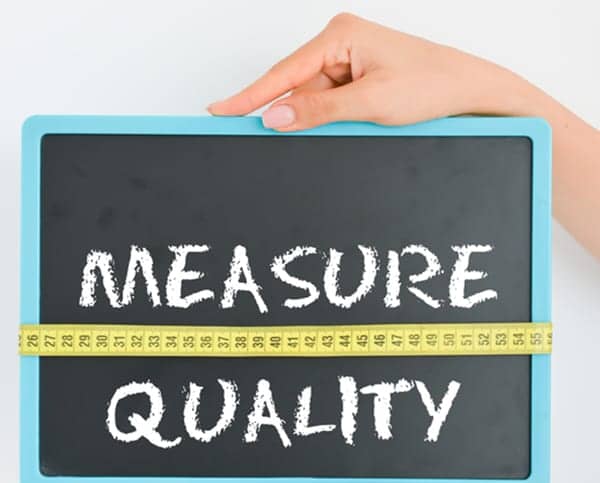Measuring quality in healthcare is important, but it can prove a difficult, complicated process involving paperwork as well as multiple types of EHR software. Digital quality measurement will provide great benefits, once the digital transformation of this process is completed. reports Fierce Healthcare.
Now, as more data modalities in the industry turn digital, it’s time for healthcare quality measurement to get its own digital transformation to enable unlocking real value from these modalities as measured in improved clinical outcomes and lower cost of care.
That’s good news, along with the cost savings that comes with standardizing clinical information. Providers will be able to act more quickly on quality initiatives because of the automated sync of clinical data between providers and payers unencumbered by paper, spreadsheets and proprietary formats.
But this transformation won’t be an optional, adopt-as-you-go technology implementation. Providers and payers must be ready. The shift to digital measurement is already underway, as signaled by Centers for Medicare & Medicaid Services (CMS) and National Committee for Quality Assurance standardizing on Clinical Quality Language. Other accreditation bodies such as The Joint Commission recently transformed their annual accreditation process with electronic clinical quality measures.
Several new interoperability rules will accelerate digital healthcare in general, including quality measurement.
Read more on Fierce Healthcare.




